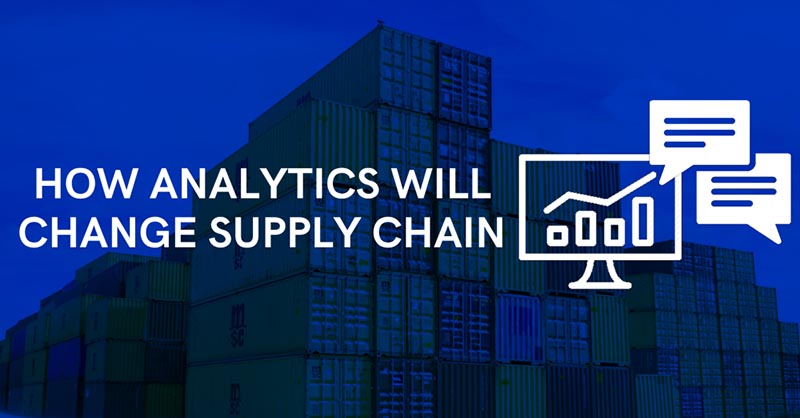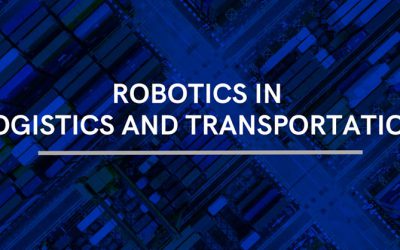How Analytics Will Change Supply Chains in The Future
Supply chain is one of the fundamental processes that takes place in retail and manufacturing. Challenges associated with distribution is known to be one of the greatest contribution to the disastrous failure of expansion of retail companies. An imbalance in the supply chain can lead to serious financial instability, for many businesses.
Predictive analysis is the result of collecting a wide variety of information relevant to the industry. This may include answering questions like what is the most important data that needs to be collected, analyzing the data to find information regarding the previous performance, what kind of improvements can be made after analyzing the data and what conclusions can be drawn for references in the future. Today, with the use of predictive analytics, real-time decisions can take place that can help put thought on improving performance and strategy well before hand. The use of predictive analytics will aid the growth of supply chains massively leading to major improvements in the operations within supply chains.
Having a lot of data is of no value to the business, unless it is analyzed and the conclusions drawn are used to improve the efficiency and effectiveness of the business strategy. Huge amounts of data may be expensive to analyze, however, in the long run, the results will reveal the worth of the investment made. Analytics is indeed a powerful tool for decision making.
This leads us to the question — how can predictive analysis help in supply chains?
Supply chains curate a great deal of data daily. Predictive analytics, using some of the most advanced tools including AI, can help predict this data and simplify the complex processes and reveal effective links within the supply chain. Predictive analytics provides a solution for much of the retail issues faced by supply chains. For instance, the demand for certain products can be predicted well before hand, thus the business will never run out of supplies.
Also Read: 5 Supply Chain Technology Trends
Data collected can even be used to reveal potential problems that may arise in the future and even current weaknesses in the operations. This can help streamline the process and make sure that the weaknesses are tackled with. Managers and decision makers are able to make more calculated decisions regarding small details which may lead to greater consequences in the future. The weak links that have been identified can then be replaced with better strategies. Once data is collected and analyzed in real-time, the efficiency of the supply chain can be enhanced by optimizing the delivery times.
Supply chains have the potential to either make or break a system. Thus, incorporation of latest technologies such as predictive analytics can help businesses prosper at a faster rate than their competitors. Using predictive analysis doesn’t just produce short-term financial benefits, but even long-term benefits for the business as the data being analyzed provides insightful results which can be used to improve various aspects of the supply chains process in the near future.






